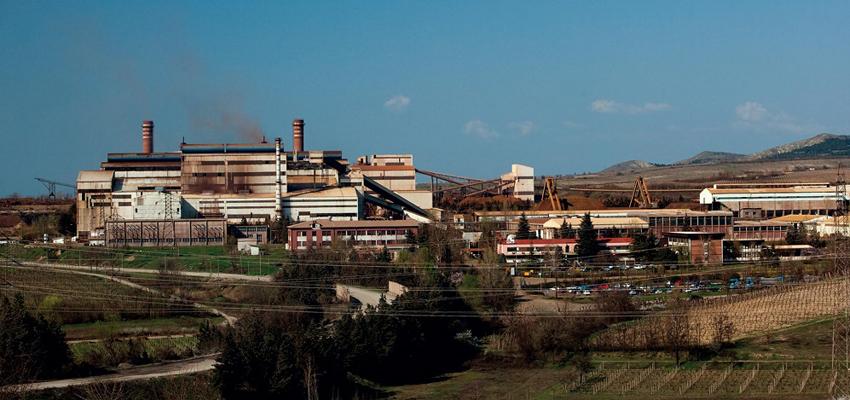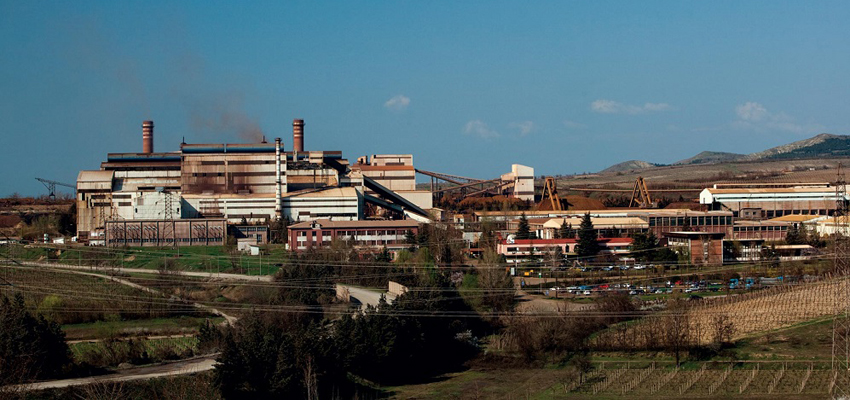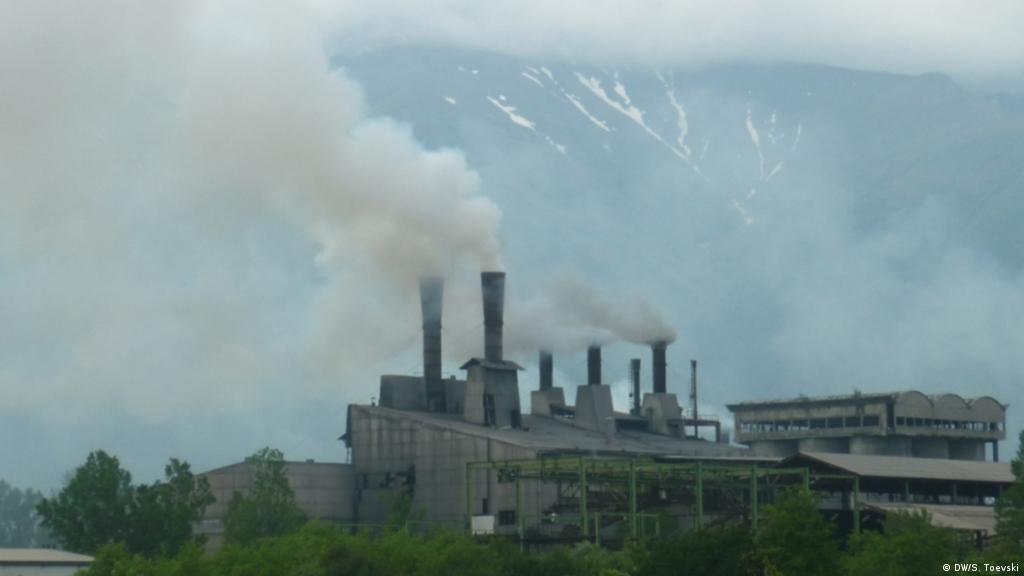
STATE AUDIT OFFICE
- Press Release-
Skopje, 8 July 2021
Issuing B integrated environmental permits does not provide complete control over pollution
Measures and activities taken by competent institutions for issuing B-integrated environmental permits are not effective enough to set up an integrated system for prevention and control of pollution from industrial activities and full compliance with environmental principles
The State Audit Office conducted performance audit on the topic “Effectiveness of measures and activities for issuing B integrated permits” to answer the question whether B-integrated environmental permits provide integrated prevention and control of environmental pollution from industrial activities.
The performance audit covered the period 2017-2019, as well as certain areas, issues and events before 2017 and until the day of reporting on the audit.
In the period 2017 - 2019, the auditees collected fees in the amount of 7.4 million denars. The authorized state auditor ascertained different interpretations and manner of application of bylaws, which reflects on the accurate and uniform calculation of the fee. Different calculation of the fee leads to unequal treatment of the installation operators who are obliged to pay the fee, and at the same incorrect and incomplete observance of the "polluter pays" principle.

Most of the auditees have not established accounting records of receivables from installation operators, which does not allow monitoring and regular collection thereof. The absence of proper records does not provide for timely warning or revocation of the license in case of uncollected claims.
The Ministry of Environment and Physical Planning and some municipalities have established a regime for issuing integrated environmental permits, but there is lack of integrated system and control mechanism to fully cover industrial facilities that emit harmful substances in the environment.
Although the number of active business entities distributed by sectors of activity according to the National Classification of Activities is known (75.914 entities), the number of business entities that require a B-Integrated Environmental Permit (B-IEP) is not known. In addition, some of the installations that have Operational Plan Compliance Permit (OPCP) partially complied or did not comply with the legal deadline for obtaining B-IEP, which allows them to continue with activities that have adverse impact on the quality of the environment.
Due to the presence of industrial installations that operate without integrated environmental permits (IEPs) there is no control over the entire pollution they cause and there is a risk

One of the reasons for the identified weaknesses in the manner of issuing B-IEP is the insufficient human resources in the municipalities and inspection services, as well as the lack of training and specific guidelines for action in the area.
Given that integrated prevention and control of environmental pollution is a complex area that requires significant expertise, differences in the content of permits are often due to different views, expertise, experience and training of employees whose work activities are directly related to issuing permits.
The above produces non-uniform approach in issuing permits and poses a risk of subjectivism in defining the content of permits, which also adversely affects monitoring and supervision of installations, as well as calculation of fees of installation operators.
In the area of monitoring, supervision and reporting, the authorized state auditor ascertained that competent institutions did not adopt Environmental Monitoring Strategy and Environmental Monitoring Program, which are important for defining guidelines for setting up systematic monitoring, testing and evaluation of pollution and conditions, as well as registration and identifying sources of media and environmental areas pollution. The audit report states that insufficient supervision activities by competent institutions results in untimely detection, prevention and control of environmental pollution caused by industrial installations.
The Ministry of Environment and Physical Planning informed that adopting Environmental Monitoring Strategy is envisaged within the project "Development of environmental monitoring and information system".
Link to report:
Press contact:
Albiona Mustafa Muhadziri +389 72 228 203
[email protected]
Mijalche Durgutov +389 70 358 486
[email protected]
Martin Duvnjak +389 75 268 517
[email protected]

